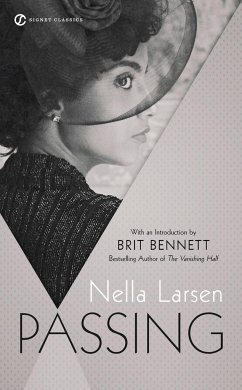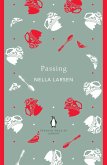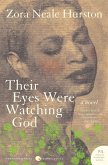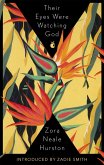Nella Larsen s fascinating exploration of race and identity the inspiration for the Netflix film directed by Rebecca Hall, starring Tessa Thompson and Ruth Negga.
This Signet Classics edition of Passing includes an Introduction by Brit Bennett, the bestselling author of The Vanishing Half.
Irene Redfield is a Black woman living an affluent, comfortable life with her husband and children in the thriving neighborhood of Harlem in the 1920s. When she reconnects with her childhood friend Clare Kendry, who is similarly light-skinned, Irene discovers that Clare has been passing for a white woman after severing ties to her past even hiding the truth from her racist husband.
Clare finds herself drawn to Irene s sense of ease and security with her Black identity and longs for the community (and, increasingly, the woman) she lost. Irene is both riveted and repulsed by Clare and her dangerous secret, as Clare begins to insert herself and her deception into every part of Irene s stable existence. First published in 1929, Larsen s brilliant examination of the various ways in which we all seek to pass, is as timely as ever.
This Signet Classics edition of Passing includes an Introduction by Brit Bennett, the bestselling author of The Vanishing Half.
Irene Redfield is a Black woman living an affluent, comfortable life with her husband and children in the thriving neighborhood of Harlem in the 1920s. When she reconnects with her childhood friend Clare Kendry, who is similarly light-skinned, Irene discovers that Clare has been passing for a white woman after severing ties to her past even hiding the truth from her racist husband.
Clare finds herself drawn to Irene s sense of ease and security with her Black identity and longs for the community (and, increasingly, the woman) she lost. Irene is both riveted and repulsed by Clare and her dangerous secret, as Clare begins to insert herself and her deception into every part of Irene s stable existence. First published in 1929, Larsen s brilliant examination of the various ways in which we all seek to pass, is as timely as ever.
Praise for Nella Larsen and Passing
It is a tragic story rooted in inescapable facts of American life: that whiteness conferred an almost universal unearned advantage, and that loyalty to a Black racial identity was not only an act of pride but also one of courage. The New York Times
[Larsen s novels] open up a whole world of experience and struggle that seemed to me, when I first read them years ago, absolutely absorbing, fascinating, and indispensable. Alice Walker
One of the best novels of the year. W.E.B. DuBois, The Crisis Magazine, Issue 36 (July 1929)
It is a tragic story rooted in inescapable facts of American life: that whiteness conferred an almost universal unearned advantage, and that loyalty to a Black racial identity was not only an act of pride but also one of courage. The New York Times
[Larsen s novels] open up a whole world of experience and struggle that seemed to me, when I first read them years ago, absolutely absorbing, fascinating, and indispensable. Alice Walker
One of the best novels of the year. W.E.B. DuBois, The Crisis Magazine, Issue 36 (July 1929)








